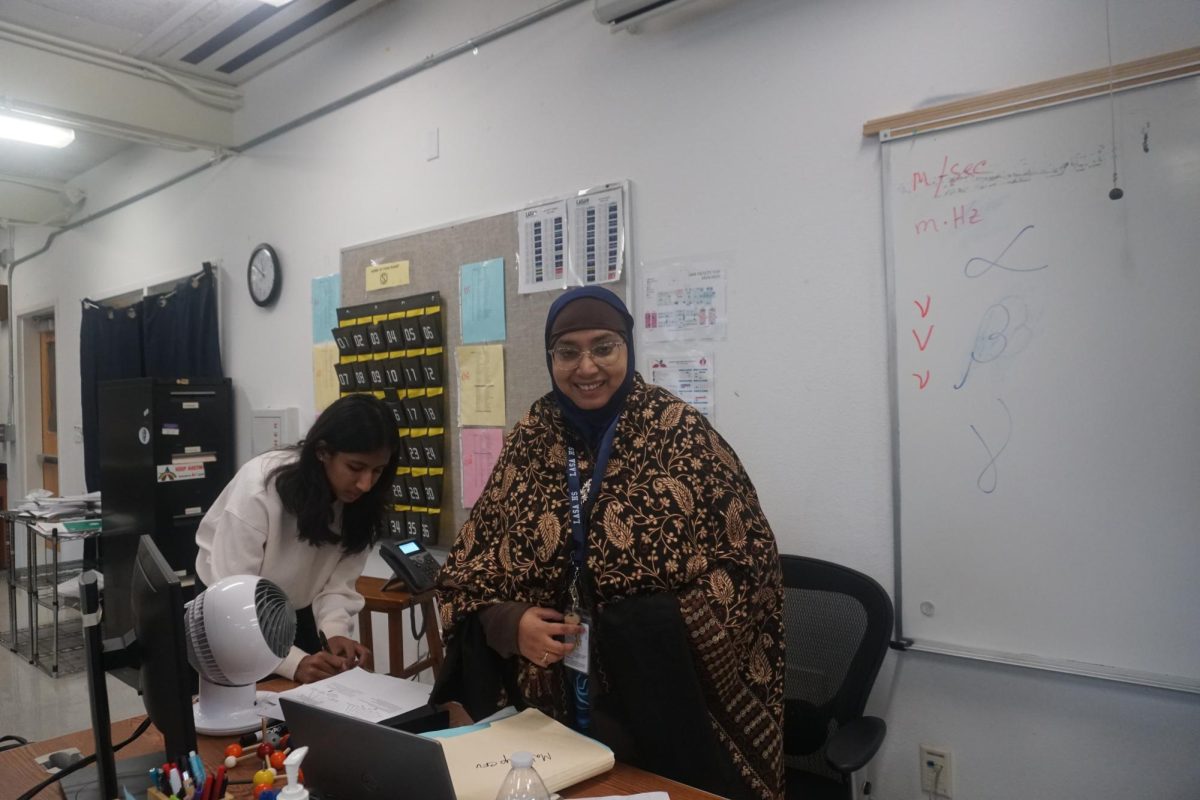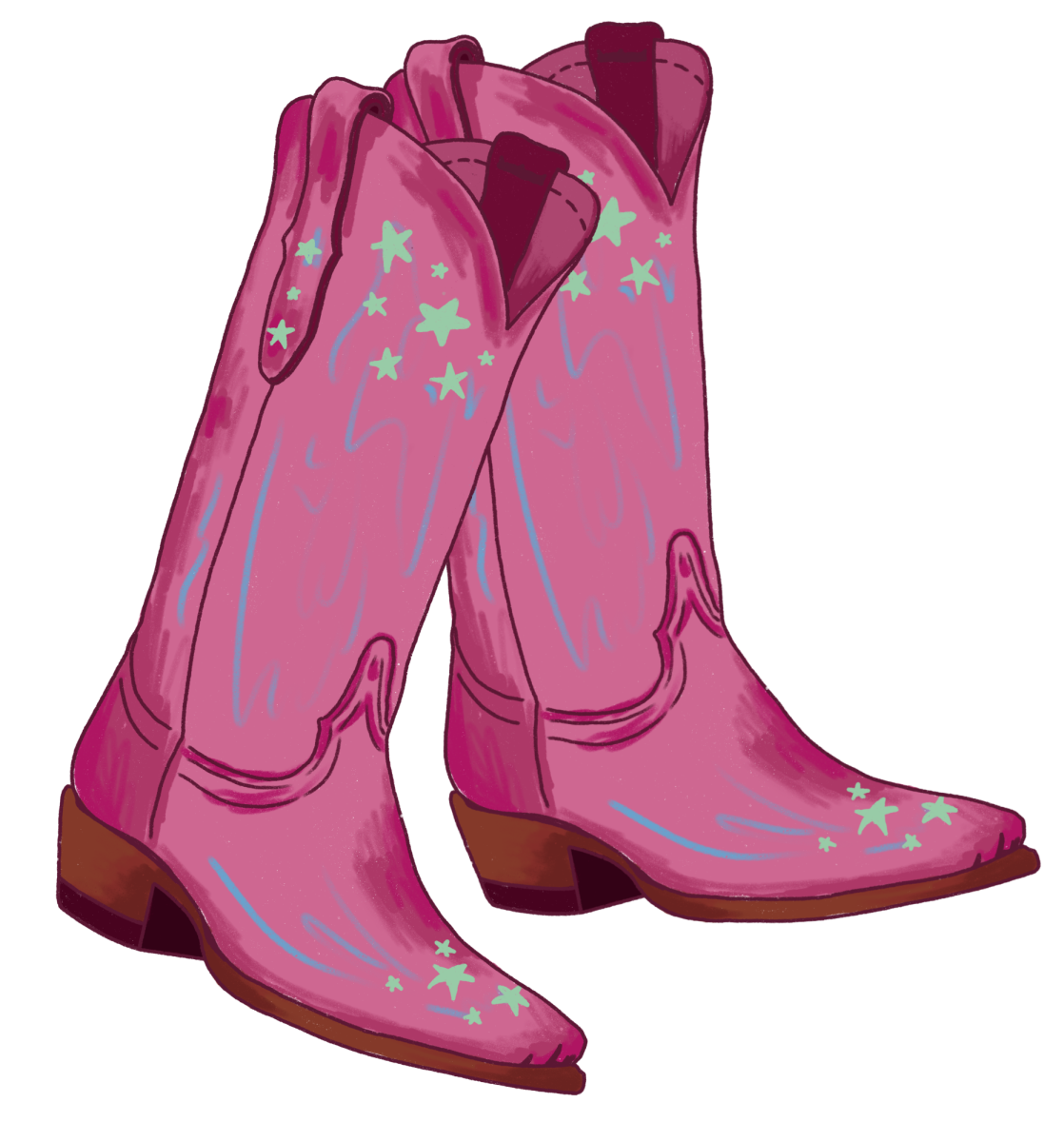Each year in the spring semester, LASA students scroll through the course guide in search of their future electives, and each year, new electives emerge while old ones run their course and get dropped from the catalog. This trial and rollout period allows for many twists and turns to occur when creating a new elective.
San Czaplinski, a LASA administrator in charge of forming electives, explained that selecting electives is a long, complex process. Every elective has multiple steps to complete in order to make the course guide and onto the next year’s schedule. Czaplinski summarized the proposal for a new elective in three steps.
“Teachers first have to discuss the idea with their department chair,” Czaplinski said.
“Since we have limited staff, there needs to be agreement on how many core classes versus electives each teacher will handle.”
This initial stage ensures that mandatory courses such as English 1-4 have sufficient staffing before non-essential classes are considered. After receiving department approval, teachers need to outline their course goals using the Texas Essential Knowledge and Skills (TEKS).
“The teachers have to follow TEKS that their class is going to meet, what the goals are for the class, and they have to provide a syllabus,” Czaplinski said.
After these steps, it’s finally time for the teacher to submit their proposal for final review. Czaplinski emphasized that whether an elective forms or doesn’t is ultimately determined by student interest.
“If a new elective doesn’t meet the minimum enrollment, we have to cancel it,” Czaplinski said. “For example, we tried to introduce a Japanese animation course, but only 12 students signed up so we had to drop it.”
This process, dubbed “course killing”, has many rounds, starting with initial interest and ending right before the school year begins. According to Czaplinski, budget and staffing issues have caused courses like Robotics 2 and 3 to be discontinued. Chloe Cardinale, the former Hitchcock teacher, a class that covered Alfred Hitchcock’s filmography, experienced a similar problem with her elective.
“I had a very good run with it for 10 years, but due to budget constraints, we have to teach large classes now,” Cardinale said. “It was time to let other teachers enjoy the chance to teach a niche class and connect with students outside of core classes.”
Electives allow the exploration of subjects that core classes cannot explore. Senior Rakesh Ravi believes that students should pick electives based on their interests which is an opportunity provided with the electives at LASA.
“Choose electives based on what you’re interested in,” Ravi said. “If you don’t have a specific passion, try taking a variety of courses to explore different subjects.”








